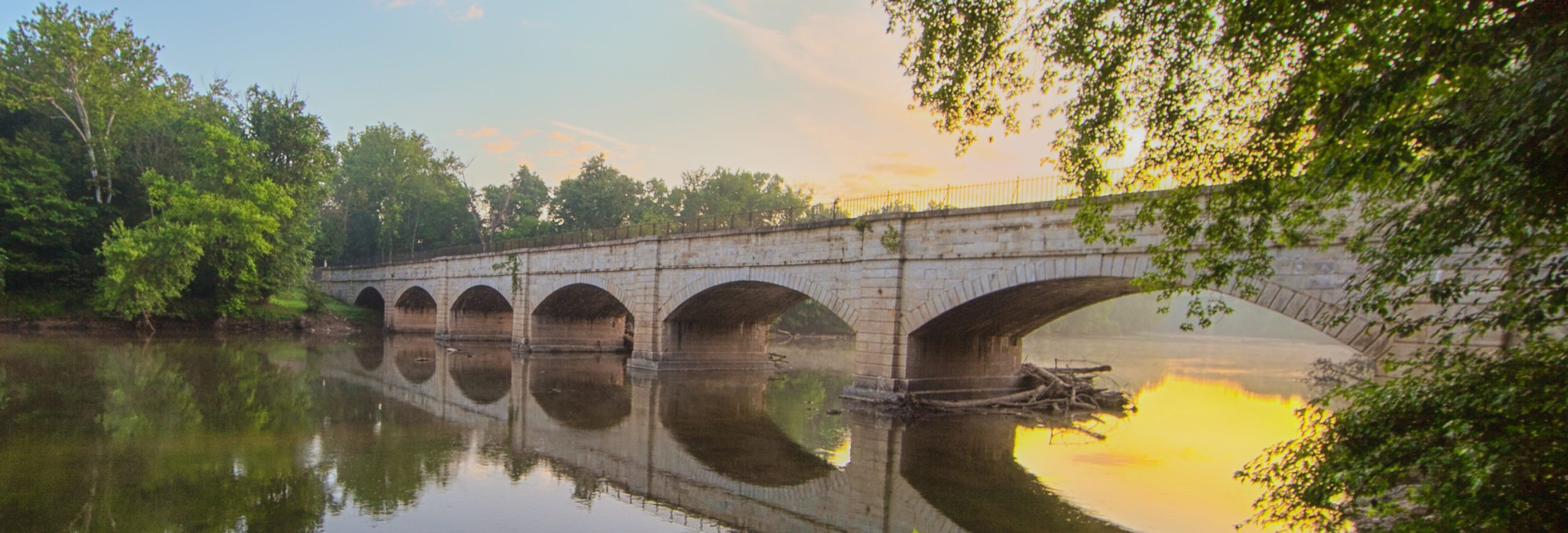The C&O Canal Association, an all-volunteer organization, has received many donations over the years and the information below lists how these 501(c)3 funds have been applied to various projects related to the C&O Canal National Historical Park. The Association has supported over the years and continues to support several on-going park projects and has also supported one-time projects. Once a specific project is completed, any excess funds are transferred to a new project or deposited to our general fund, the Kenneth Rollins C&O Canal Fund. Most funding comes from the C&O Canal Fund. As no goods or services are provided to the donor in return for their charitable contribution, the entire amount of their donation is tax deductible to the fullest extent otherwise allowed by law. Also, no administrative overhead is taken from donations. The entire amount is used for a designated project or deposited to our general fund to be used as needed. (The present listing is not complete. Additions will be made as previous expenditures are researched.)

Past projects
Handbook cover The Official Handbook of the C&O Canal National Historical Park - #142 - was produced by the Division of Publications, National Park Service in 1991. In 2014 when the handbook was…
The C&O Canal Association has funded bus transportation many times to educate the public about the canal. Some expamples 1. Canal Classrooms The Association funds bus transportation to various sites…
Catoctin Aqueduct ribbon cutting in 2011 Catoctin Aqueduct, originally constructed in 1832-1834, consists of three arches and is the third of the eleven aqueducts in the C&O Canal National Historical…
In September 1991 at the request of the Park Service, the C&O Canal Association issued a $1,000 grant to support research into and development of authentic period clothing for the…
The idea of towpath pins originated with our sister organization, the Cuyahoga Valley Association (CVA). This volunteer organization, like ours, is a friend and partner of a national park, namely,…
On September 10, 2011, the C&O Canal Association supported a Transportation Celebration and Forum that was held at the Allegany Museum in Cumberland, Maryland. The nation's efforts to create an…
In May 2010 the park opened a seasonal visitor center at Hancock, MD in the Bowles House, a historic three-story brick home. Over the years there were three owners of…
The Monocacy Aqueduct, originally constructed in 1829-1833, consists of seven arches and is the second and largest of the eleven aqueducts in the C&O Canal National Historical Park. The aqueduct is…
In 1992, the C&O Canal National Historical Park was awarded funds through the National Park Service's Heritage Education Program to support one ranger to develop and to produce materials for…
The C&O Canal National Historical Park and the C&O Canal Association co-hosted a symposium July 24, 2010 on the early years of C&O Canal engineering. The program was held at…
A wayside is a means of site-specific interpretation. There are two types of waysides: Low-profile waysides that are used extensively at locks, natural areas, and at other significant canal features…
Supreme Court Justice William O. Douglas worked to preserve the entirety of the canal resulting in the Chesapeake and Ohio Canal National Historical Park Act signed on January 8, 1971.…
The Park Planner is a four-page 8 ½ x 11 inch glossy document gives the visitor information regarding the C&O Canal National Historical Park. The planner explains the ways to explore the…
An inlet lock also called a guard lock provides water to the canal from a pool behind a dam. Because water is lost by seepage, evaporation, the slow current in…
Park Service mules pull the excursion boats located at Great Falls Historic Tavern and in Georgetown. Mules possess the best qualities of their horse mother and donkey father. Mule team on…
The Cumberland built in 1976 is a full-sized replica of a typical Chesapeake and Ohio cargo-carrying canal boat. It was originally built by Cumberland canal enthusiasts led by John Millar and…
Interns and seasonal employees provide important support that offsets shortages of full-time staff. They support environmental and cultural programs, provide educational services, conduct invasive plant control, and serve as interpreters. The park’s…
Big Slackwater construction (NPS photo) Water impounded behind a dam is called slackwater because the current is slight. The slackwater allowed the river upstream of the dam to be used…
In 2018, C&O Canal Association funded the research ($2,500.00) and design ($6,034.00) for three proposed waysides commemorating the segregated Civilian Conservation Corps camps. Nancy Benco has been leading the project…
A lift lock is used to overcome elevation changes of the ground through which the canal's towpath must pass. By allowing water to flow into or out of the lock,…
Charles F. Mercer Packet Boat is a replica double-decker packet boat with an aluminum hull and wooden superstructure of Port Orford cedar, grown in the town of Port Orford, Oregon. The…
This log lockhouse, measuring 17' x 29' 3", is two stories over a full stone basement. Reconstructed in 1978, the house is on the towpath side of the lock at…
Pocket Guide to the Chesapeake & Ohio Canal National Historical Park was revised, reprinted, and made available for sale in 2016. This handy book is a great way to track…
